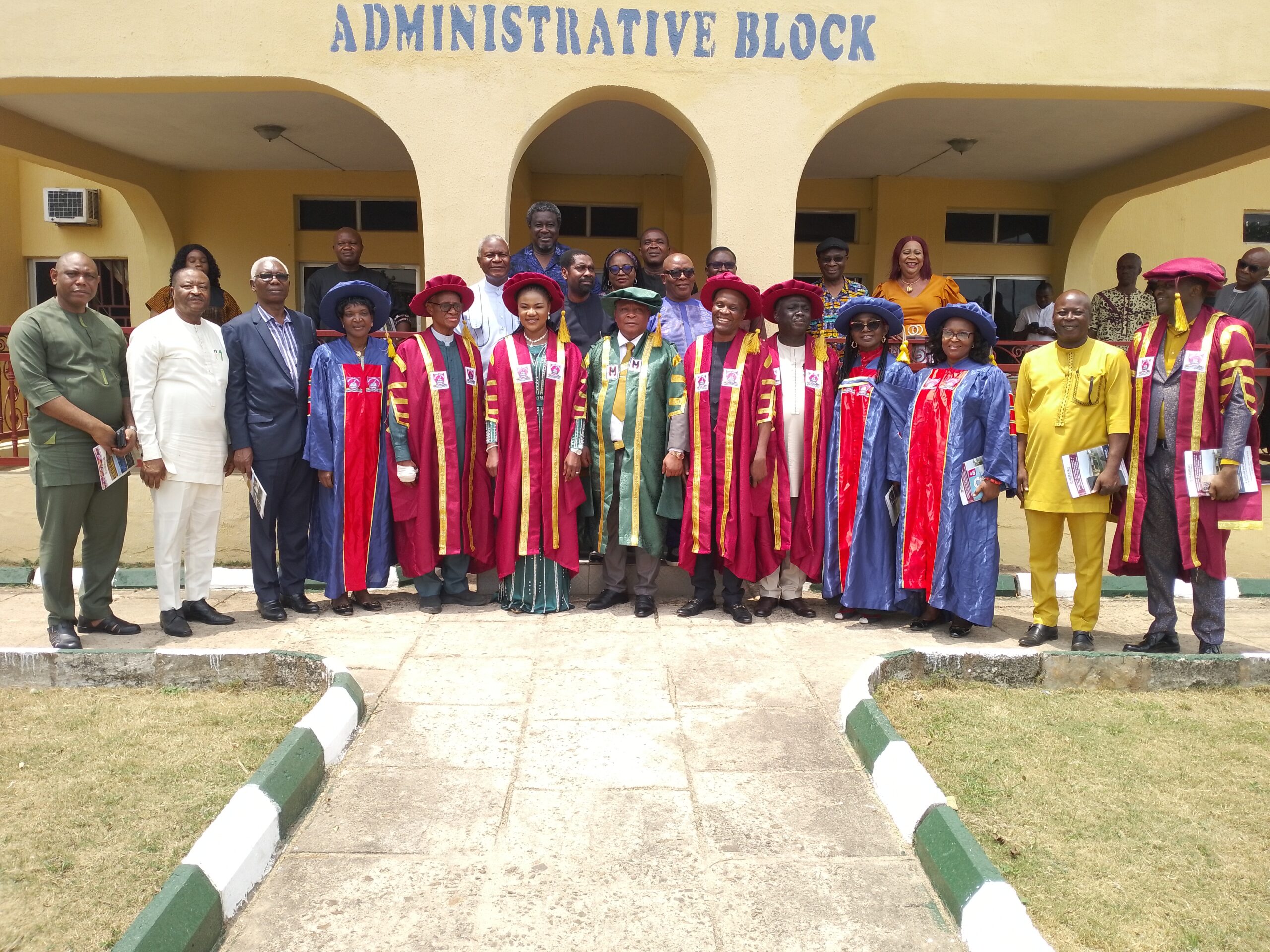Graduation Delays: A Systemic Challenge in Nigerian Universities
In Nigeria, the excitement of graduation day is often overshadowed by an exhausting wait for official documents, including degree certificates and transcripts. While graduation caps are tossed into the air and families celebrate, a different reality looms for many graduates. Instead of leaving with their hard-earned certificates, graduates are typically handed only a temporary Statement of Results, initiating what can be a lengthy and frustrating journey to obtain the final documents.
A Tradition Lost: Once upon a time, Nigerian graduates received their degree certificates on the very day of graduation, often packaged securely in a steel pipe with protective caps—a tradition that signified the achievement and independence of a new graduate. Today, the process has become a prolonged ordeal. Graduates now face bureaucratic delays that extend far beyond graduation day, with certificates and transcripts sometimes delayed by months or even years.
Economic Strain on Young Graduates
The Financial Burden on Graduates: To make matters worse, obtaining a Statement of Results often requires graduates to pay a fee. If they need a transcript later for job applications or further studies, they are charged an additional fee. For those who pursue postgraduate degrees at the same institution, the costs pile up as they’re asked to pay each time they request a transcript, including when transitioning from a master’s to a Ph.D. The repetitive costs and procedural delays add an unnecessary financial burden on young graduates, many of whom are already struggling to establish themselves financially.
Administrative Delays and Accountability Issues: The responsibility for issuing these certificates and transcripts lies with university exams and records departments, yet these offices often lack the efficiency and urgency required to meet graduates’ needs. Despite fees paid by students for these services, certificates can remain delayed for extended periods, sometimes omitted or incorrectly printed. Graduates who encounter errors on their certificates must brace themselves for further delays as correction requests can take months. This lack of accountability and responsiveness in university administrative processes compounds the frustration for graduates, many of whom need their documents to secure jobs or continue their education.
Impact on Careers and Opportunities: The implications of these delays extend beyond mere inconvenience. Certificates and transcripts are crucial for securing employment, gaining admission to postgraduate programs, and completing the National Youth Service Corps (NYSC) requirement. The absence of these documents effectively puts graduates’ futures on hold, delaying their ability to participate fully in the workforce or pursue further studies. Without timely access to certificates and transcripts, graduates face limitations that can have long-term impacts on their careers and personal growth.
A Call for Change: This issue has reached a point where intervention from the Nigerian government and the Nigerian University Commission (NUC) is essential. To protect the rights and futures of graduates, it’s time for Nigerian universities to be held accountable. Implementing policies that ensure graduates receive their official documents on or shortly after graduation day should be a priority. Additionally, the NYSC should consider halting mobilization for graduates who lack their certificates and transcripts, as this could pressure universities to expedite their issuance processes.
A Matter of Rights and Justice: The delays in issuing certificates and transcripts touch upon fundamental rights. Graduates are entitled to access the full benefits of their education, including timely access to the necessary documents that allow them to pursue careers, further studies, and personal growth. The administrative inefficiencies and repetitive fees infringe on graduates’ rights to fair treatment, affecting their opportunities to earn a livelihood and advance professionally. In light of these systemic delays, human rights activists are encouraged to advocate for accountability within Nigerian universities. Legal action might also be a recourse for graduates, with claims for compensation for lost opportunities and the hardships caused by these delays.
A Future Without Bureaucratic Delays: Graduates deserve to step confidently into their futures without unnecessary fees, red tape, or endless delays. A prompt, efficient issuance of certificates is not a luxury; it’s a right that should be respected and protected. As Nigerian graduates continue to demand change, it’s time for institutions to respond. Let’s give young Nigerians the future they deserve—one free from needless waiting.
The systemic delays in issuing certificates and transcripts highlight the urgent need for reform in Nigerian universities. By prioritizing efficiency, accountability, and fairness, institutions can empower graduates to seize opportunities and contribute meaningfully to society.




